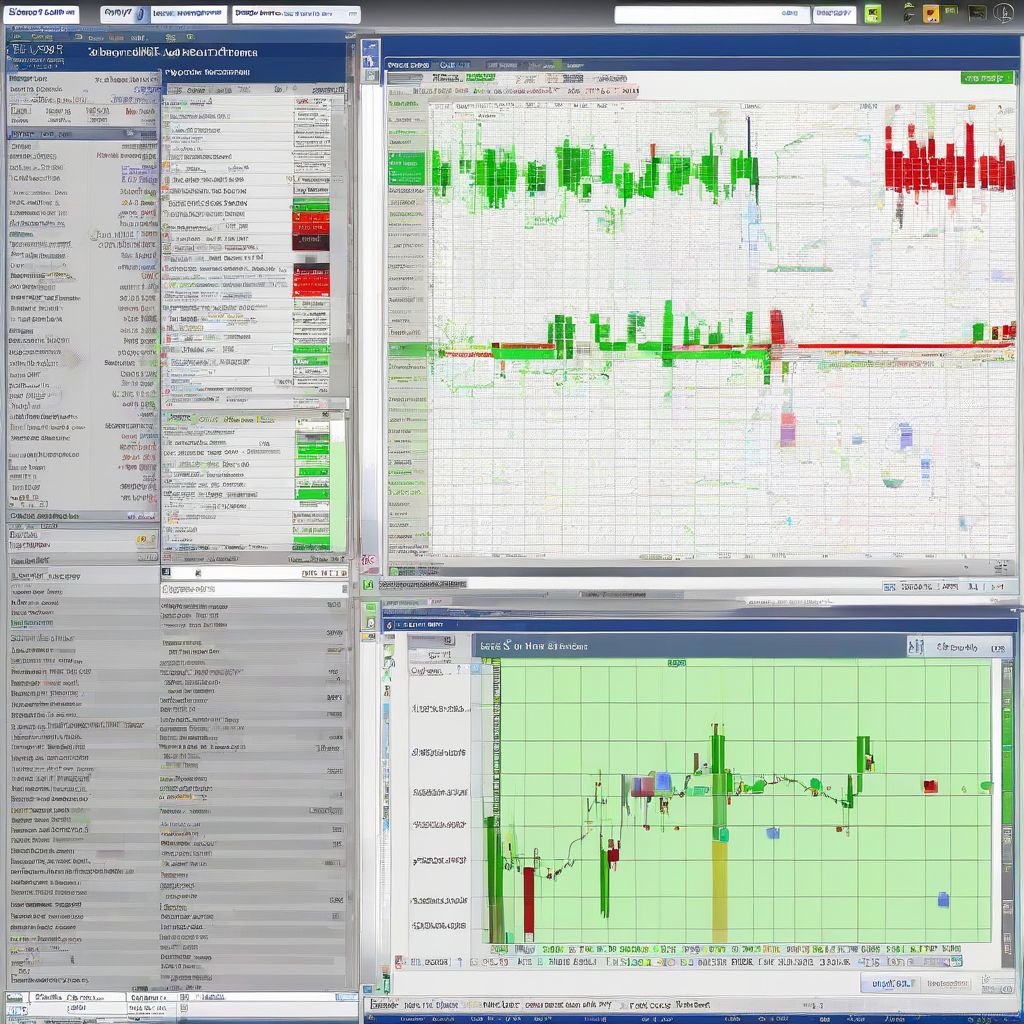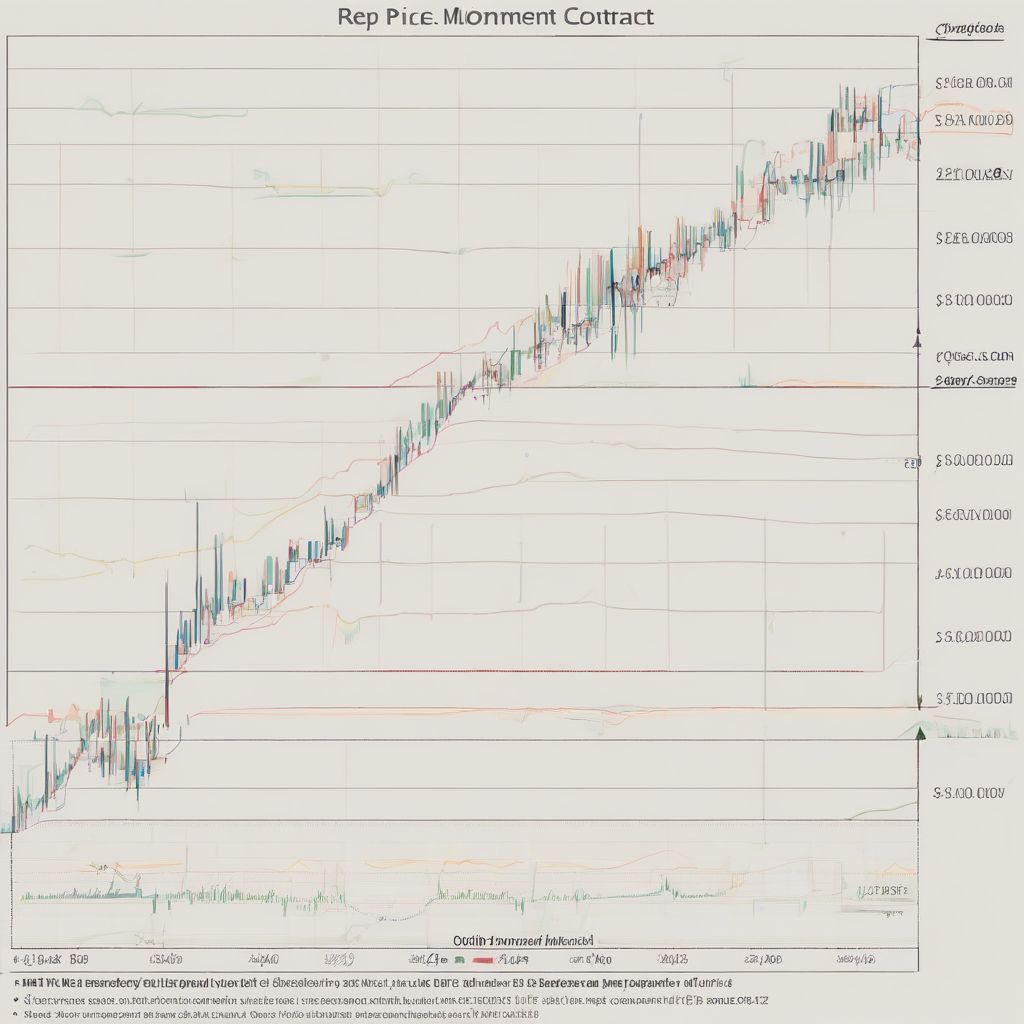What are Trading Securities? A Comprehensive Guide
Imagine you’re a business owner with some extra cash on hand. Instead of letting it sit idle, you decide to invest in another company’s stock, hoping to earn a quick profit. These short-term investments are known as trading securities, and they play a crucial role in the financial world.
This guide will dive deep into the meaning of trading securities, their importance, and answer some frequently asked questions surrounding this investment strategy.
Understanding Trading Securities
Definition and Purpose
In essence, trading securities are investments in debt or equity securities like bonds, stocks, or derivatives, purchased with the intention of selling them within a short period, typically less than a year. The primary goal? To generate profits from short-term price fluctuations in the market.
Key Characteristics:
- Short-term Investment Horizon: Unlike long-term investments, trading securities are held for a relatively short period.
- Profit Generation: The primary objective is to capitalize on market volatility and generate profits from buying low and selling high.
- Liquidity: Trading securities are typically highly liquid, meaning they can be easily bought or sold in the market without significantly impacting their price.
Importance of Trading Securities
Trading securities, despite their short-term nature, play a crucial role in the financial markets:
- Enhanced Liquidity: For the investor, trading securities provide a way to quickly convert assets into cash when needed.
- Profit Potential: Skilled traders can leverage market fluctuations to generate significant profits within short timeframes.
- Market Efficiency: The active buying and selling of trading securities contribute to overall market liquidity and efficiency.
Frequently Asked Questions About Trading Securities
1. How are Trading Securities Different from Held-to-Maturity Securities and Available-for-Sale Securities?
While all three involve investing in securities, the key differentiator lies in the investment objective:
- Trading Securities: Held for short-term profit generation.
- Held-to-Maturity Securities: Debt securities intended to be held until their maturity date.
- Available-for-Sale Securities: Securities not strictly categorized as trading or held-to-maturity, offering flexibility in holding period.
2. What are the Risks Associated with Trading Securities?
While trading securities offer the potential for high returns, they also come with inherent risks:
- Market Volatility: Prices can fluctuate rapidly and unpredictably, leading to potential losses.
- Timing Risk: Entering or exiting a trade at the wrong time can significantly impact profitability.
- Competition: The trading landscape is highly competitive, with institutional investors often having an edge.
Related Keywords and their Significance
Understanding these terms related to trading securities can enhance your comprehension of this investment strategy:
- Market Liquidity: Refers to how easily a security can be bought or sold without affecting its price. High liquidity is crucial for trading securities.
- Volatility: Denotes the degree of price fluctuation of a security. Higher volatility presents both greater risk and profit potential.
- Day Trading: A specific type of trading where positions are opened and closed within the same trading day.
- Margin Trading: Borrowing funds from a broker to amplify trading capital, magnifying both potential profits and losses.
Conclusion
Trading securities can be a lucrative investment avenue for those seeking short-term profit opportunities. However, it’s crucial to acknowledge the associated risks and approach trading with careful planning, risk management, and a thorough understanding of market dynamics. Remember, thorough research and a well-defined strategy are paramount to successful trading.
We encourage you to share your thoughts and questions in the comments below. Do you have any experience with trading securities? Let’s start a conversation!

